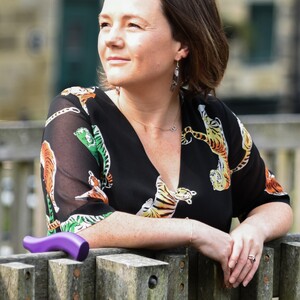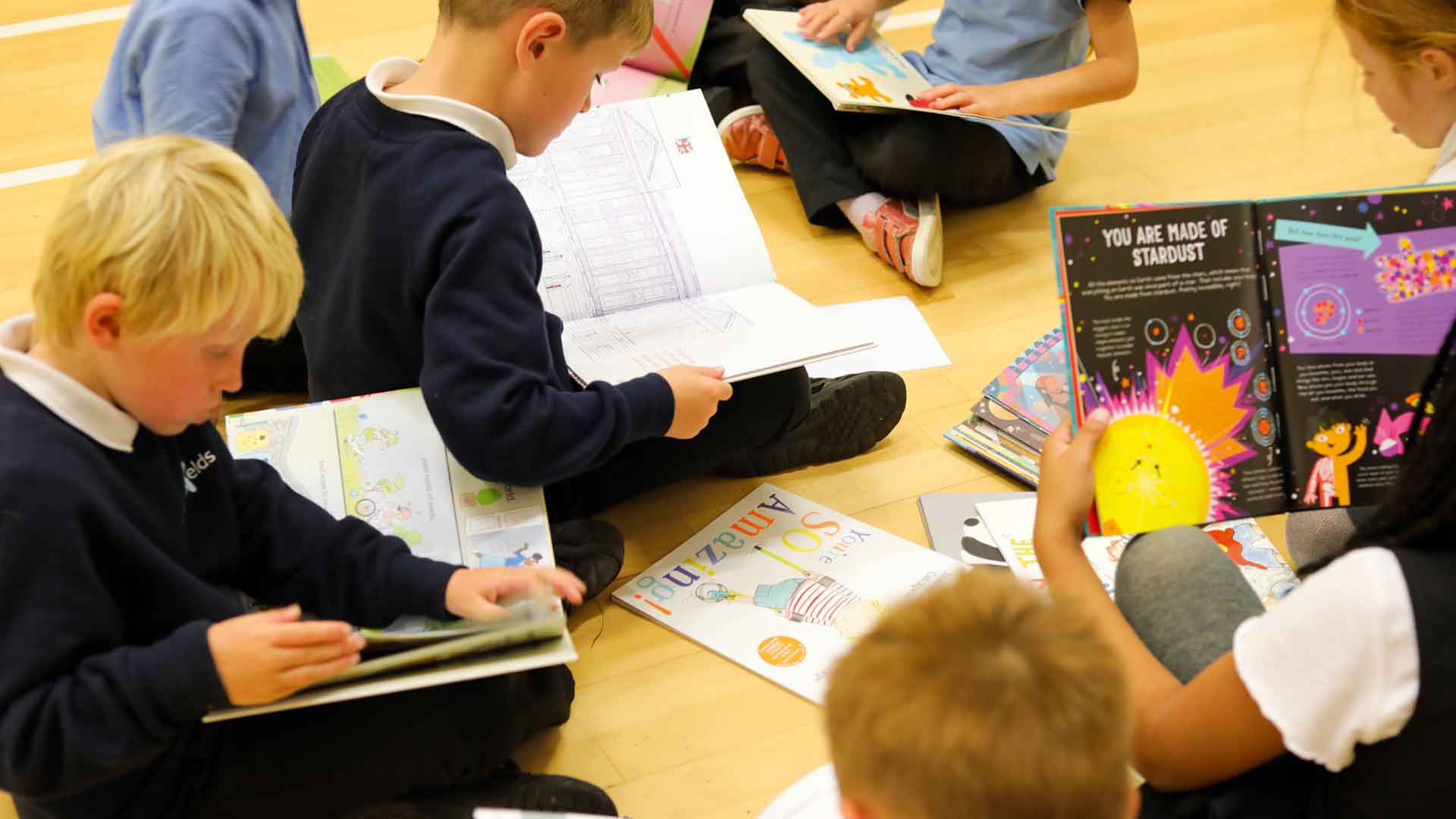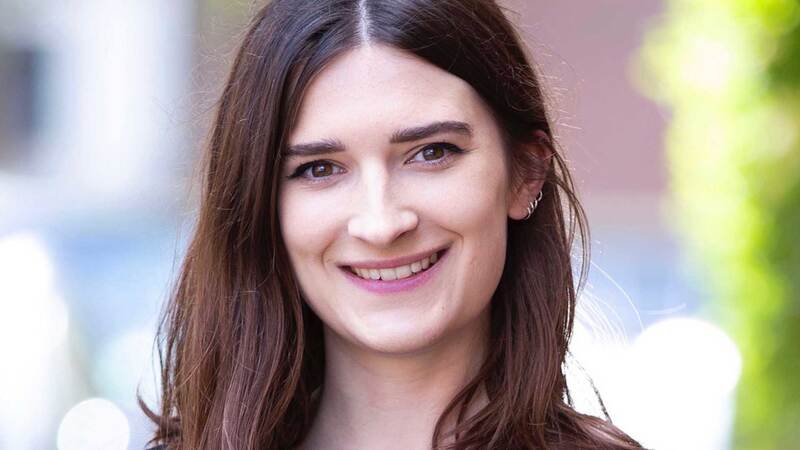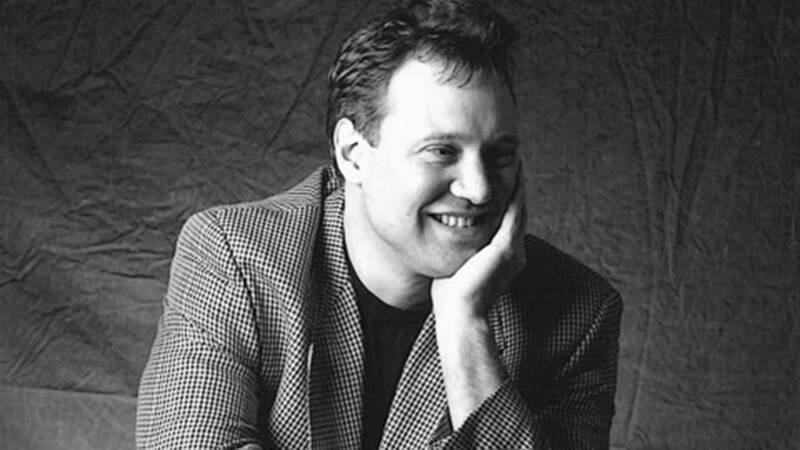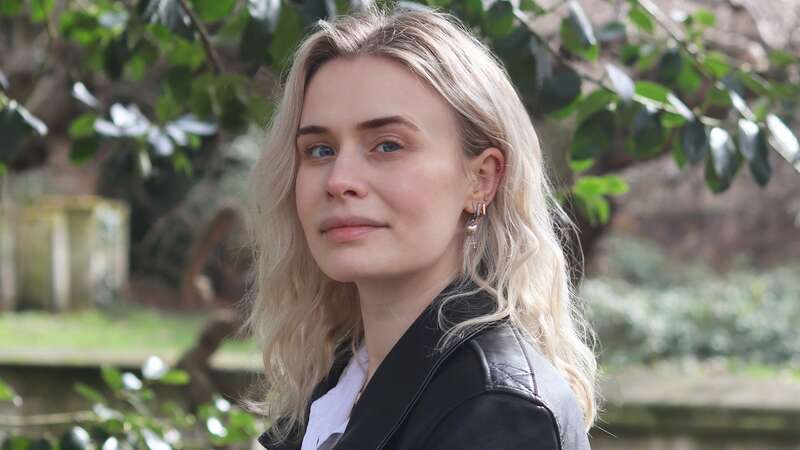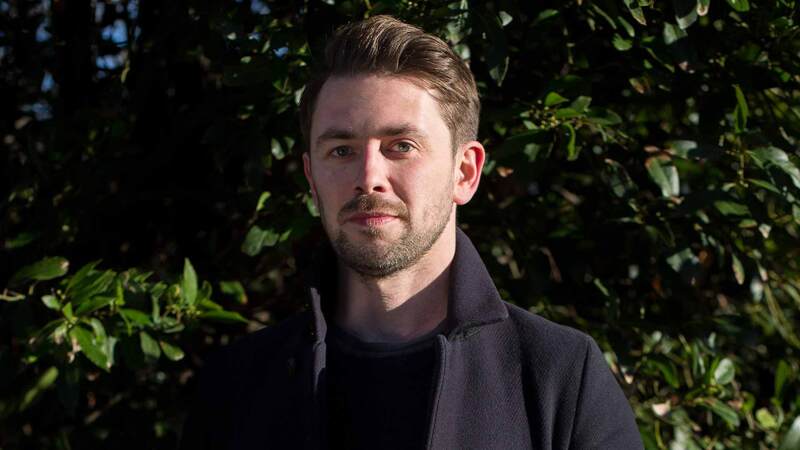You are viewing your 1 free article this month. Login to read more articles.
Who has the right to write?
Should disabled authors have to share their medical history?
Fear of polarising arguments stripped down to 280 characters. Pile-ons. Outing.
Questions about how I can prove I’m "allowed" and "entitled" to tell this story? What’s the right terminology, from multiple choices, to use? Will this cause harm – to me, my publisher, my disabled allies?
Concerns about how much of myself I reveal. What makes a good story? And whether the story will become not the one I wrote, but the story of my medical history.
That’s before writing a single line.
As a disabled and neurodivergent author, this cacophony was in my head during the writing, and especially in the build-up to publication, of my debut children’s novel The Secret of Haven Point. I’m working on edits for my fourth book, The Starlight Rebel (publishing with Puffin in July 2025), and this is not any easier to contend with.
Just as disabled people are not homogenous (although that is called into question every time the term "the disabled" is used), neither are our views about how much of ourselves we want to share and who gets to tell stories. And crucially, what those stories are about.
Representation in children’s books is hugely important to me. I didn’t see anyone like me in stories when I was growing up. Or if I did, they were characters to be pitied, to be scared of, to inspire – or they got magically fixed or just plain died. That is why I write adventure stories where disabled and neurodivergent characters take centre stage. They are the books I needed to read. And we need more of them!
But who gets to write these characters? And what proof of entitlement should those that do be required to share? I believe in the author’s right to have the choice whether or not to name, reference or disclose their condition or lived experience. I say that I am disabled and neurodivergent. I find this powerful as an identity, it comes from the social model of disability that demands change to the world around the disabled person. It gives me allies across the complete spectrum of disability and neurodivergence. It allows me to write for a broader range of people to find resonance, and it also places boundaries around my personal life and what I will and won’t share publicly.
Just as disabled people are not homogenous (although that is called into question every time the term "the disabled" is used), neither are our views about how much of ourselves we want to share and who gets to tell stories
It is about the story I’ve chosen to write, not about my diagnoses that I’ve chosen not to divulge.
This discussion came to the fore for me again last year when I joined the steering group for the Reflecting Disability project. Led by disabled people, Reflecting Disability was initially established to build a comprehensive framework to analyse children’s books and now, in the second phase, it will review the quantity and quality of representation of disabled people in UK children’s books. A third phase is planned, which will analyse the data and publish a report to offer support to publishers and creators to continue their efforts in representation. The hope is that the survey will be carried out annually, alongside the Reflecting Realities survey into representation of ethnic diversity.
This project closely aligns with my view that, without data, how do we know if representation is increasing, and how do we fight for more change without the numbers to back us up?
As well as inviting publishers to submit eligible titles, the project will also offer book creators the option to share any experience or research that influenced the book. The steering group felt strongly that it would be useful to know how lived experience and research influence quality of representation. For example, is there a difference between a lead disabled character written by a disabled author, and a non-disabled creator portraying a disabled character who is only seen in the pictures?
However, the steering group were only too aware that there’s often an expectation that disabled people share personal medical information when this wouldn’t be expected of non-disabled people. As a diverse group of people we all had different personal boundaries. Some, like me, disclose little. For many disabled and neurodivergent people, "proof" is a traumatic concept, having fought hard for diagnoses. Others find power and pride in naming specific conditions.
We had many nuanced discussions about this area, but in the end came to the conclusion that giving book creators the choice, means that it is the decision of each individual, and it is hoped that the report can start to explore this area, with the acknowledgement that any insights will be anecdotal.
So who gets the right to write? If a writer does enough research, at the right stage and with the right people, can they write about a character whose lived experience they don’t share? And is there a danger of marginalised writers currently feeling they "have" to write about their own lived experience?
Arguments around this area are often binary, but we learned, as we worked together, it’s more complex than that. I would love to tie this up in a neat bow, but I do not speak for every disabled and neurodivergent person, and the more opportunity I have to talk about these topics, the more nuanced my thinking becomes. I believe disabled people should be allowed and encouraged to disclose as much or as little as they like, and to write stories that they want to tell, be that from personal experience, or about robots and dragons. That non-disabled people, with research and (paid) insight from those who do have lived experience, can write disabled characters. But with the important caveat – as with writing about any marginalised people – leave the main characters and the headlines to those who have been missing from our bookshelves for far too long.
I also reserve the right to change my mind. Is that allowed? And isn’t that what we should be aiming for as we also aim to increase representation? Rich discussion and nuance, not for and against.
